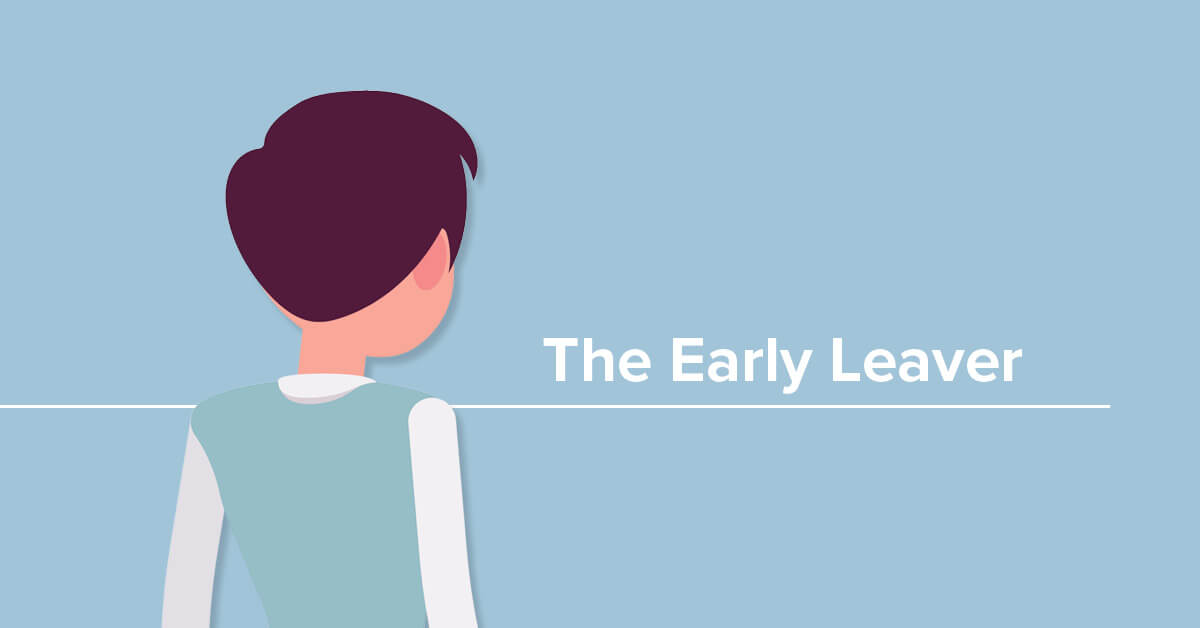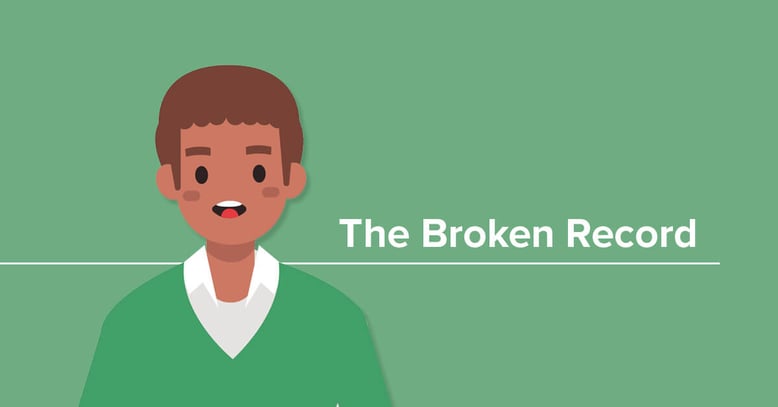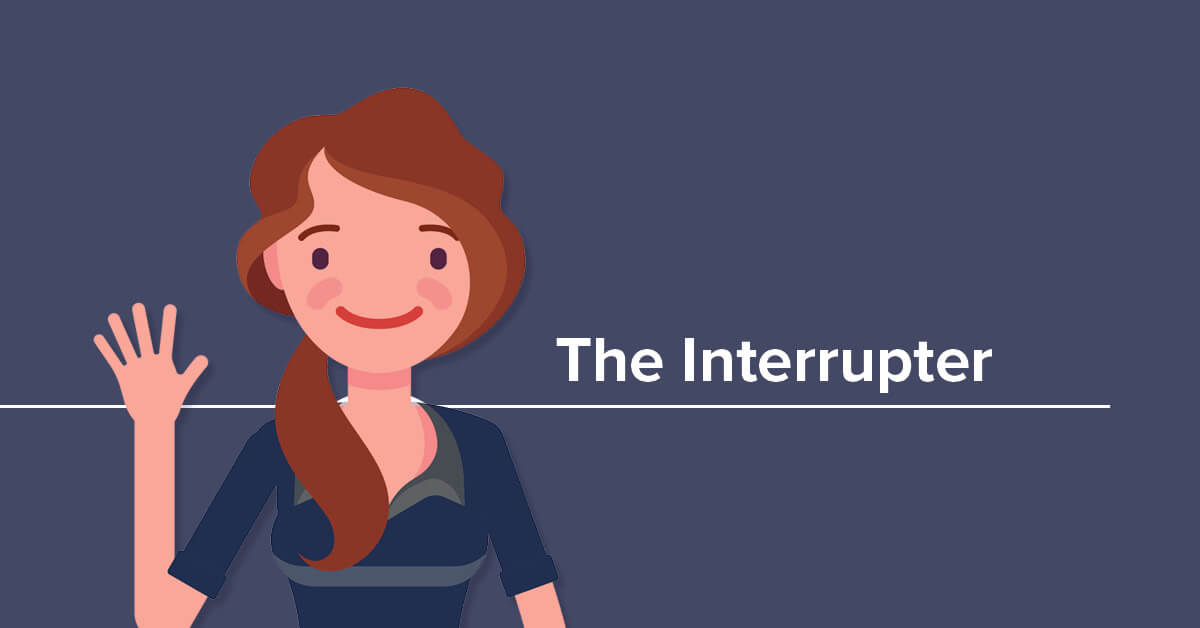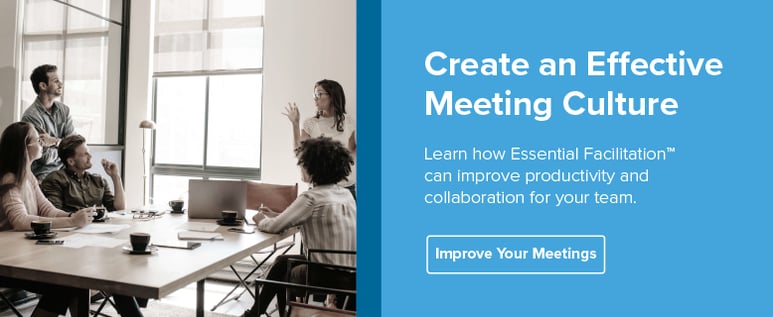IA Insights > Blog
Problem Behaviors in Your Meeting Infographic
Problem Behaviors in Your Meeting Infographic
We've all been a part of or led difficult meetings. We've collected common problem behaviors we face in meetings and tips on how to deal with them. Use these in your next meeting and see the improvement. You can also download the complete infographic here.

Always comes into a meeting late, making lots of noise, stopping the meeting and wants to be caught up on what they’ve missed.
Tip: Wait until after the meeting and ask the latecomer why they were late. What would make the meeting important enough for them to be on time?

Consistently leaves the meeting early.
Tip: At the beginning of the meeting, check to see if everyone can stay until the end. Ask this individual why they are leaving early. Perhaps the meetings are too long or loose.

Brings up the same point over and over again.
Tip: Use the group memory/notes to acknowledge the point is important and has been captured. Ask if there is anything else this individual needs to share regarding the situation.

Responds with, “that will never work” or “I don’t like this.” They are consistently negative and aggressive in nature. While a skeptic can be healthy for the group, too much can damper the creative effort.
Tip: It’s time for mental facilitator judo! Agree on a period of time where you don’t evaluate any ideas, then use this agreement to correct anyone who violates it. “Hold on! You’ll get a chance to evaluate ideas later.”

This individual talks too much and is frequently loud. They tend to dominate the meeting and are frequently the decision-maker or senior person on the team.
Tip: Approach this individual after the meeting and provide them feedback on their behavior. Have them write down their ideas on paper or serve as the meeting recorder so they can take an active participatory role.

Starts talking before others are finished. Often, this individual is not trying to be rude, but becomes impatient and overly excited.
Tip: As a meeting facilitator, deal with this person immediately. You role is to be the traffic cop and ensure that everyone has an opportunity to be heard without being cut off. Consider making this person the meeting recorder – as recording is a good exercise in listening.
Want to dig further into Problem Behaviors in Meetings? You're in luck! We've hosted a 2-part webinar series where part 1 dives deeper into these behaviors and how to overcome them and part 2 introduces more problem behaviors and we discuss more strategies on managing them. Check them out here.
About Chris Williams
Chris’ experience includes work in operations, recruiting, and complex research. He has supported senior-level executives in a variety of industries including economic development, government contracting, and strategy consulting. Chris holds a BA in Political Science from the University of North Carolina at Chapel Hill and a Masters in Public Administration (MPA) from the University of North Carolina at Wilmington.






